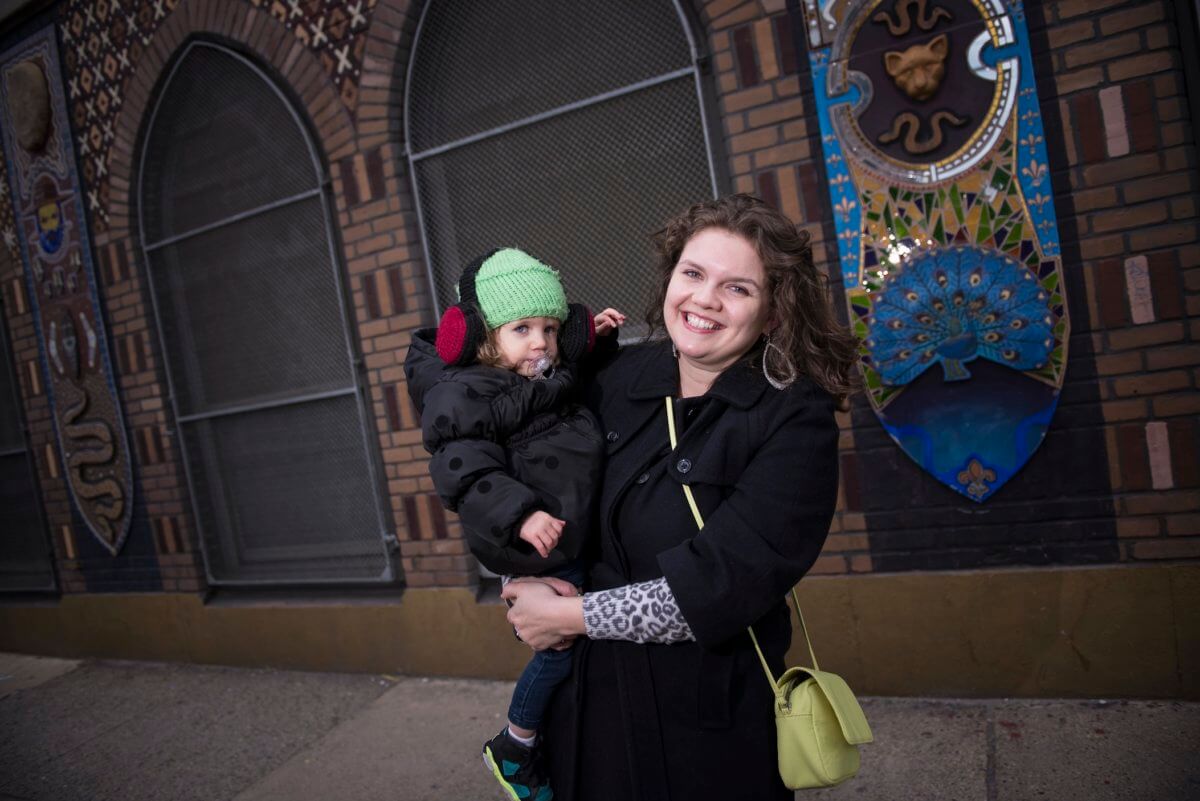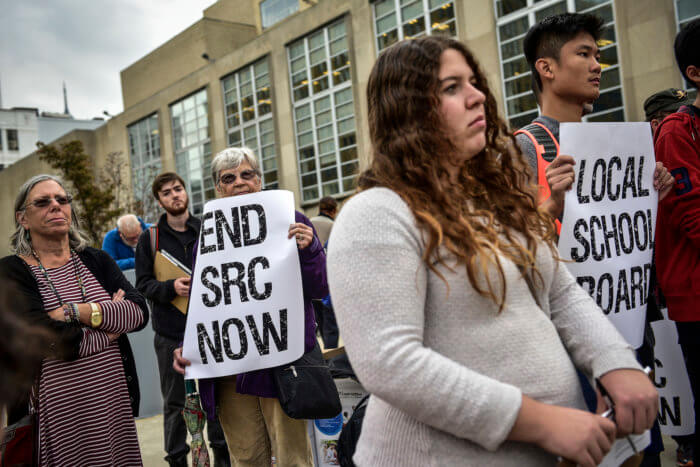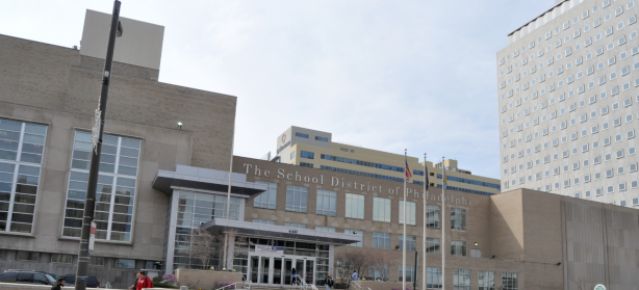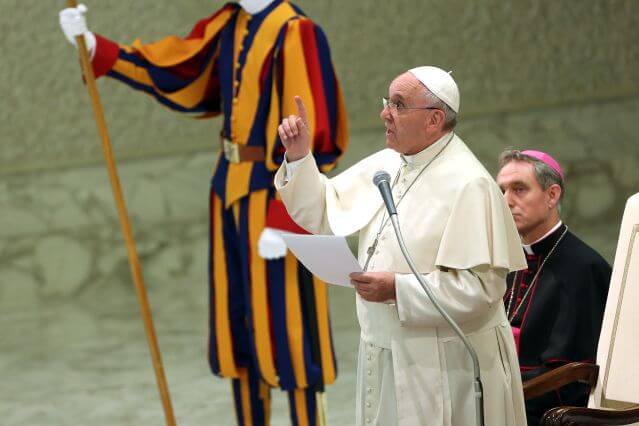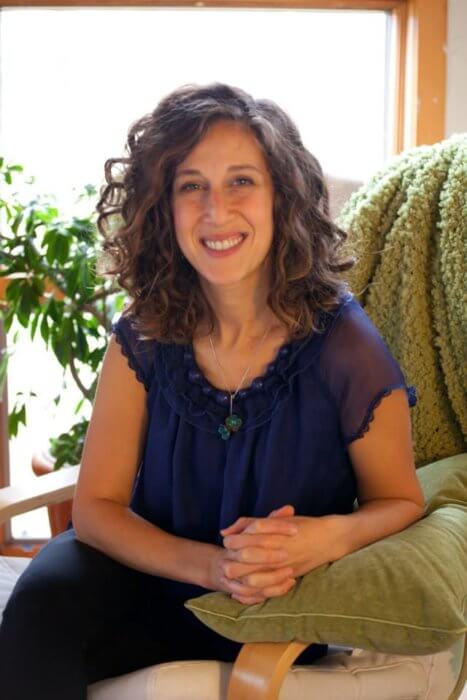They talk about that subject all the time, say some Philadelphia Millennial parents trying to decide whether their toddlers will grow up in the city or the suburbs.
How often does Jennifer Devor, 30, a Point Breeze mother of a nearly 2-year-old talk about it?
“Just about every day,” she told Metro.
Another mom, leaving daycare with her 3-year-old daughter in tow, said, only slightly facetiously, “Every hour.”
City public schools are the issue and it may well be that some city schools are better than the widely held public perception. But the perception remains, in part because of things like a 64 percent high school graduation rate for four years, according to a calculation by The Notebook, which keeps an eye on public schools.
Suburban Abington High School, by comparison, boasts an 89 percent rate.
But for Millennials, those between the ages of 18 and 34, (definitions vary, however) there’s more to that Big Decision than just education.
There are the concerns that Jim Saksa, 31, the vice president of an organization called Young Involved Philadelphia, calls quality-of-life issues.
Creation of more bike lanes, for instance, said Saksa, who rides his bike to work.
YIP, as the organization is known, did an informal email survey last year about such stuff. Saksa says it was unscientific, but that a couple of hundred of the 5,000 people on the organization’s email list responded.
“It sort of just gives us an idea,” he said.
“What we saw were people saying they wanted to see new trash cans on the street, those big-belly compost ones,” he said.
They want more street cleaning, and cleaner parks too.
But still, said Saksa, education was number one.
Why should you care if you’re, say, a Baby Boomer?
Because there are just so many Millennials.
A 2014 study by the Pew Charitable Trusts showed an increase of 100,000 in the 20-34 year old population from 2006 to 2012. No major city saw a larger percentage increase.
But hey, you really don’t need a Pew study to tell you something big is happening.
Walk down Tasker or East Passyunk in South Philly on a fine spring evening.
The joint is jumping with new shops, bars, restaurants and lots of young adults pushing baby strollers.
That’s the good news.
The not-so-good news is that Pew calls it a “fragile boom” and that as many as 50 percent of those folks might head for the burbs within the next five to 10 years.
Devor, the mom with the toddler, isn’t one of them. She’s hopeful because the state has a new governor in Tom Wolf, and will have a new mayor in 2016.
Devor is already volunteering to improve her neighborhood grade school, even though her baby is turns only 2 next month.
“I hope more parents stay,” she said.
“There is still a lot of work to be done and I think Philly needs all the people it can get to do that work,” she said.



